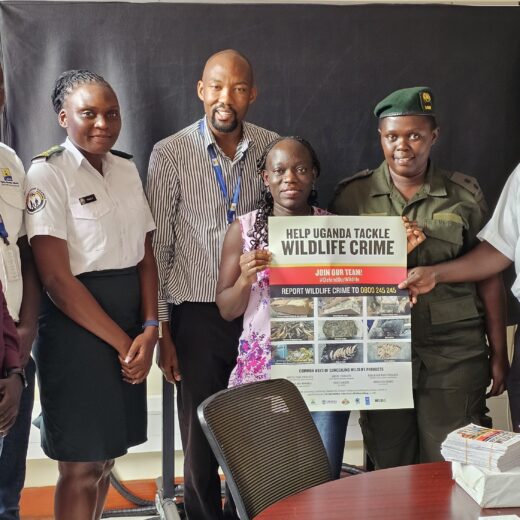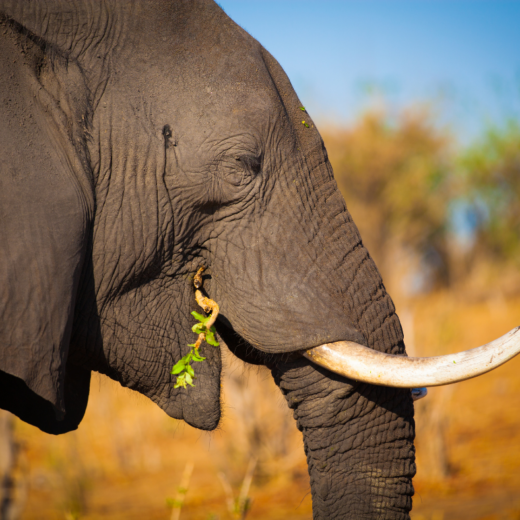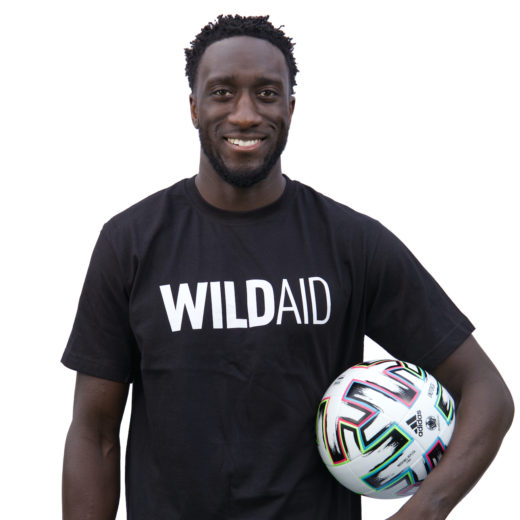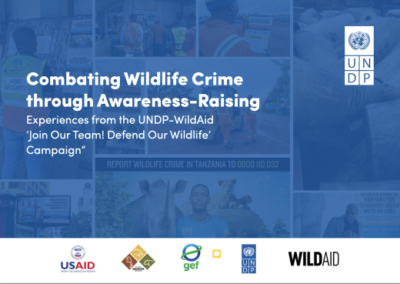
Experiences from the UNDP-WildAid ‘Join Our Team! Defend Our Wildlife’ Campaign
Implementing a successful illegal wildlife trade (IWT) awareness campaign requires careful consideration of the problem, vision, target audience, messaging, design, and campaign products and channels. Under the UNDP-GEF-USAID project “Reducing Maritime Trafficking of Wildlife between Africa and Asia”, a specific problem was identified: port workers being targeted by criminal networks involved in illegal wildlife trade.To address this, an IWT awareness campaign – known as the ‘Join Our Team! Defend Our Wildlife’ campaign – was launched, targeting workers along the cargo transport supply chain in Dar es Salaam, Zanzibar, and Mombasa seaports, as well as Kampala dry port and its associated inland container depots (ICDs).
The campaign sought to harness the prevalent regional passion for football and tap into its influential power of team spirit to raise awareness, instil a sense of pride and collective responsibility for safeguarding the natural heritage, and encourage active participation in combating wildlife crime. The target audiences included port stakeholders, young individuals working or residing in affected areas, and those connected to port workers. By engaging international football stars from each country as campaign ambassadors, the campaign aimed to raise awareness, change attitudes, and foster a sense of responsibility in protecting Africa’s natural heritage.
This case study discusses the importance of effective messaging, strategic messengers, and visual identity to deliver impactful campaign materials based on the experience of the ‘Join Our Team! Defend Our Wildlife’ campaign, sharing key lessons and practical recommendations for stakeholders who are planning similar initiatives.
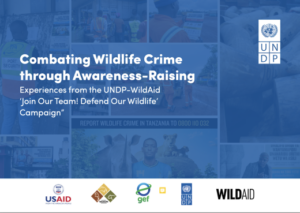

Click here for the full report.
Stay in touch and get the latest WildAid updates.
SIGN UPAbout WildAid
WildAid is a non-profit organization with a mission to protect wildlife from illegal trade and other imminent threats. While most wildlife conservation groups focus on protecting animals from poaching, WildAid primarily works to reduce global consumption of wildlife products such as elephant ivory, rhino horn and shark fin soup. With an unrivaled portfolio of celebrity ambassadors and a global network of media partners, WildAid leverages more than $308 million in annual pro-bono media support with a simple message: When the Buying Stops, the Killing Can Too.
Journalists on deadline may email communications@wildaid.org

